Travel makes a wise man better, and a fool worse
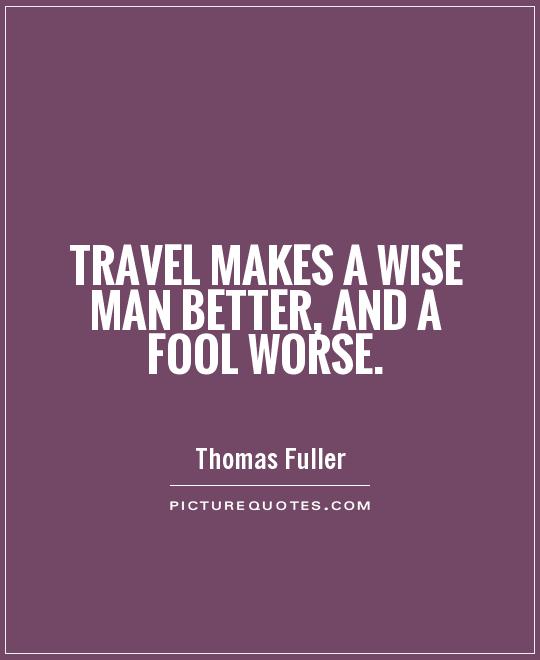
Travel makes a wise man better, and a fool worse
Thomas Fuller, a renowned English churchman and historian, once said, “Travel makes a wise man better, and a fool worse.” These words hold a profound truth that resonates with many travelers who have experienced the transformative power of exploring new places and cultures. Travel has the ability to broaden one’s perspective, challenge preconceived notions, and foster personal growth. However, the impact of travel can vary greatly depending on the individual’s mindset and attitude towards the experience.For a wise man, travel can be a source of enlightenment and self-discovery. By immersing oneself in unfamiliar surroundings, a wise traveler can gain new insights, learn from different perspectives, and expand their knowledge of the world. Traveling allows a wise man to step outside of their comfort zone, confront their biases, and cultivate a deeper understanding of the complexities of human nature. Through meaningful interactions with locals, exploration of historical sites, and exposure to diverse cultures, a wise traveler can develop empathy, tolerance, and a greater appreciation for the beauty of diversity.
On the other hand, for a fool, travel can be a wasted opportunity or even a detriment to personal growth. A fool may approach travel with a closed mind, seeking only to escape reality or indulge in hedonistic pursuits. Without a willingness to engage with the local culture, learn from new experiences, or reflect on the significance of their journey, a fool may return home unchanged or even more ignorant than before. Traveling without purpose or intention can lead to superficial encounters, missed opportunities for growth, and a perpetuation of narrow-mindedness.
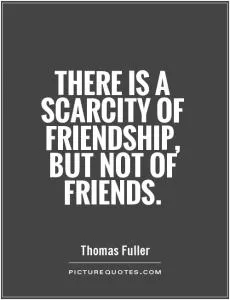
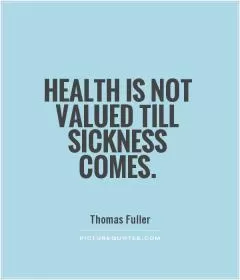

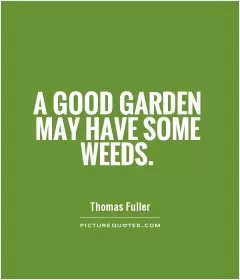
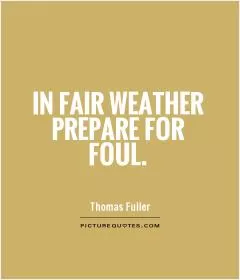
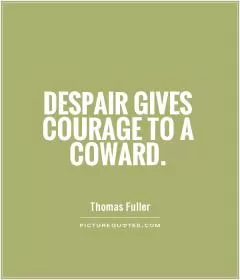






 Friendship Quotes
Friendship Quotes Love Quotes
Love Quotes Life Quotes
Life Quotes Funny Quotes
Funny Quotes Motivational Quotes
Motivational Quotes Inspirational Quotes
Inspirational Quotes